
The Art and Industry of Custom Door Handle Casting
- By:ABLINOX
- 2025-11-21
- 30
The door handle: a daily point of contact, a first impression of a space, and a subtle declaration of style. While mass-produced models suffice for many, there exists a realm where functionality meets artistry—the world of custom door handle casting. This meticulous process transforms a unique vision into a tangible, enduring object, offering unparalleled personalization, durability, and aesthetic significance for residential, commercial, and architectural projects.
Custom door handle casting is fundamentally a manufacturing process where molten metal is poured into a custom-made mold to create a handle of a specific design. This technique stands in stark contrast to machining or fabrication, as it allows for the creation of complex, three-dimensional forms, intricate textures, and seamless, solid components that feel substantial in the hand. The journey from concept to finished product is a collaborative and skilled endeavor.

The Journey of Creation: From Concept to Casting
The process begins with design. Whether it’s an architect’s precise schematic, an artist’s organic sketch, or a homeowner’s heirloom-inspired idea, the design is translated into a three-dimensional model. Traditionally, this was done by sculpting a prototype in wax or clay. Today, 3D modeling software and printing have revolutionized this stage, allowing for incredible precision and the easy iteration of complex geometries.
Once the model is perfect, a mold is created. For one-off pieces or small batches, the lost-wax casting (or investment casting) method is often employed. This ancient technique involves creating a wax duplicate of the model, which is then encased in a ceramic shell. The wax is melted away, leaving a hollow cavity into which molten metal—such as brass, bronze, stainless steel, or even aluminum—is poured. For larger production runs, sand casting using resin-bonded sand molds might be used.
After the metal cools and solidifies, the mold is broken away, revealing the “raw” casting. This is followed by an extensive post-processing phase. This includes:
-
Fettling: Removing the gates and sprues (the channels through which the metal was poured).
-
Finishing: Smoothing surfaces through grinding, filing, and polishing to achieve the desired sheen, from a mirror polish to a soft, satin brush.
-
Patination: Applying chemical treatments to alter the metal’s color, creating antique, verdigris, or blackened finishes that enhance the design’s depth and character.
-
Assembly: Attaching any additional components, such as roses, backplates, or internal mechanisms.
Why Choose Custom Casting? The Unmistakable Advantages
The investment in a custom-cast door handle yields returns that go far beyond mere aesthetics.
-
Unmatched Uniqueness: The primary driver is the creation of a one-of-a-kind piece. It allows for the perfect alignment of hardware with the architectural style of a building, be it a modernist masterpiece, a rustic villa, or a restored historic property. Designers can incorporate logos, specific patterns, or ergonomic shapes tailored to an individual’s grip.
-
Superior Quality and Durability: A well-cast handle is a solid piece of metal, not a hollow shell. This results in a significant, satisfying heft that conveys quality and promises longevity. These handles are built to withstand decades of use, developing a unique wear pattern—a natural patina—that adds to their character over time.
-
Ergonomic and Functional Precision: Custom casting allows the handle to be shaped for perfect ergonomics. The curve of the lever, the size of the knob, and the angle of the pull can all be optimized for comfort and ease of use, catering to specific needs that off-the-shelf options cannot.
-
Material Purity and Finish Control: Clients have complete control over the metal alloy used, ensuring it is free from impurities and of the highest grade. The finishing process is also entirely bespoke, enabling a perfect match to other metal elements in a space or the creation of a truly unique visual effect.
Applications Across Environments
The use of custom-cast door handles extends across various sectors:
-
High-End Residential: Creating a signature entry for a luxury home or designing bespoke hardware for all interior doors to establish a cohesive design language.
-
Hospitality and Commercial: Hotels, restaurants, and offices use custom handles to reinforce their brand identity and create a memorable, luxurious experience for guests and clients.
-
Historic Restoration: Faithfully replicating period-correct hardware for heritage buildings where original parts are unavailable.
-
Architectural Statements: For public buildings, museums, and galleries, the door handle can become a piece of functional art, signaling the creative intent of the space within.
In conclusion, custom door handle casting is more than a manufacturing process; it is a fusion of art, engineering, and craftsmanship. It represents a commitment to quality, individuality, and the creation of meaningful, tactile experiences. In a world of mass production, a custom-cast handle is a definitive statement—a small but powerful detail that elevates a door from a mere barrier to an invitation, shaped uniquely by hand and vision.
-

Exploring the Art of Precision Casting
2025-03-20 -

Premium Stainless Steel Hinges for Durable Glass Shower Enclosures
2025-03-14 -

Stainless Steel Tactile Products: Durable Solutions for Barrier-Free Environments
2025-03-12 -

Celebrating Women’s Day: Special Care for Our Female Employees
2025-03-08 -

From Design to Finished Product: The Complete Guide to Stainless Steel Precision Casting
2025-02-26 -

Guides To Buy Stainless Steel Sanitary Ware
2024-01-16 -

How Do We Customize SS 304 Faucets for You?
2023-10-17 -

One of the Casting Steps, Pouring
2023-07-24 -

Training for Business Expansion
2022-07-02 -

Internal Business Sharing Meeting
2022-06-20
-
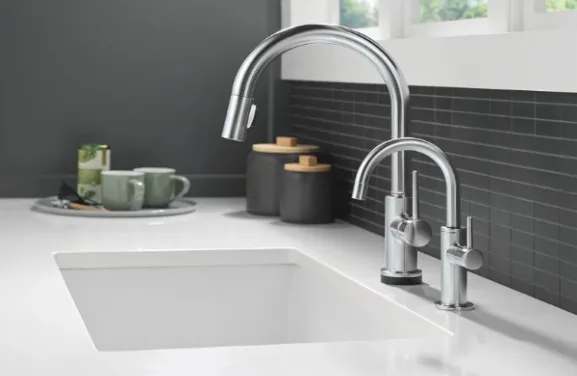
Premium Stainless Steel Handrail Fittings from a Trusted SS Casting Manufacturer
2025-10-29 -
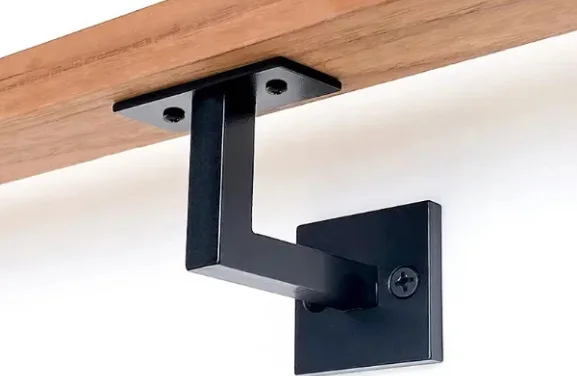
Premium Stainless Steel Balustrade Accessories and Boat Hardware for Lasting Performance
2025-10-29 -
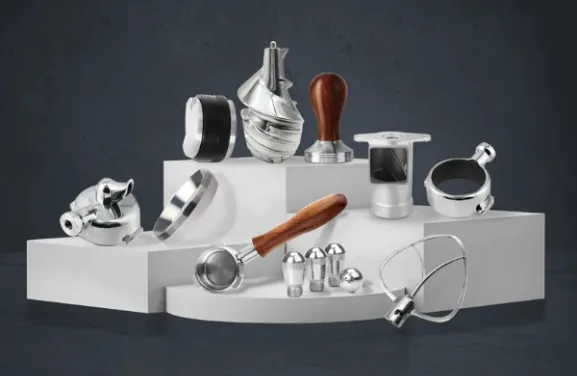
High-Performance Stainless Steel Hardware for Marine and Architectural Applications
2025-10-29 -
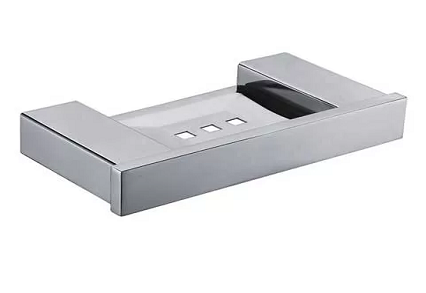
High-Quality Stainless Marine Hardware and Balustrade Accessories
2025-10-23 -

High-Quality Stainless Steel Marine Hardware and Casting Solutions
2025-10-23 -
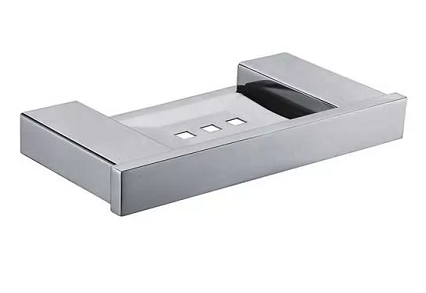
Premium Stainless Steel Casting Hardware for Architecture and Home Design
2025-10-09 -

High-Quality Stainless Steel Railing and Marine Accessories for Modern Applications
2025-10-09 -
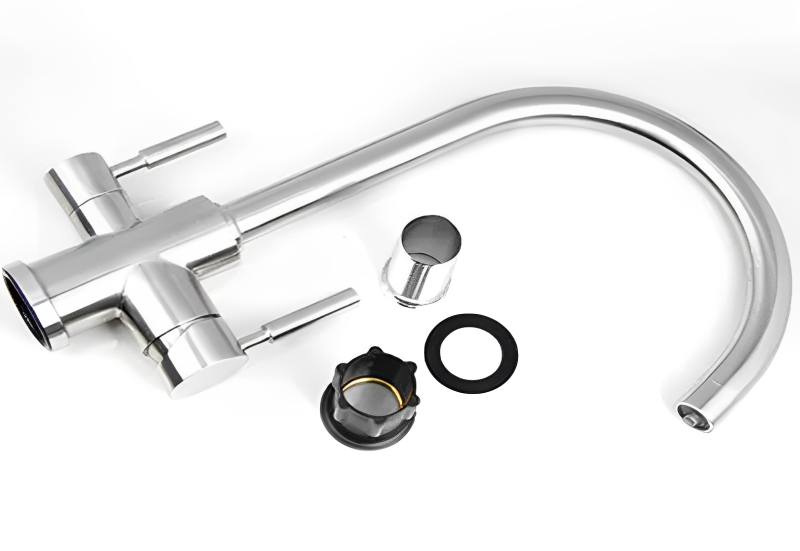
Precision Stainless Steel Casting and Marine Hardware Manufacturer
2025-10-09 -
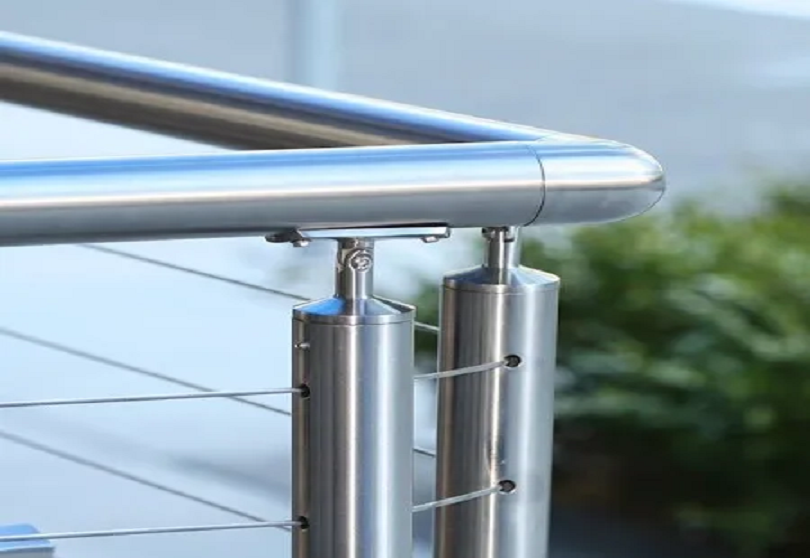
Precision Stainless Steel Casting and Hardware Solutions for Modern Living
2025-10-09 -
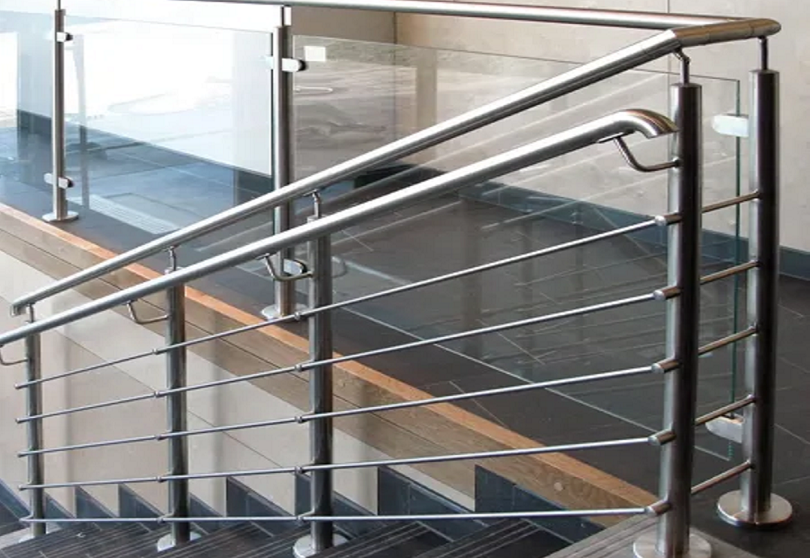
Premium Stainless Steel Railing and Marine Accessories for Lasting Performance
2025-10-09

